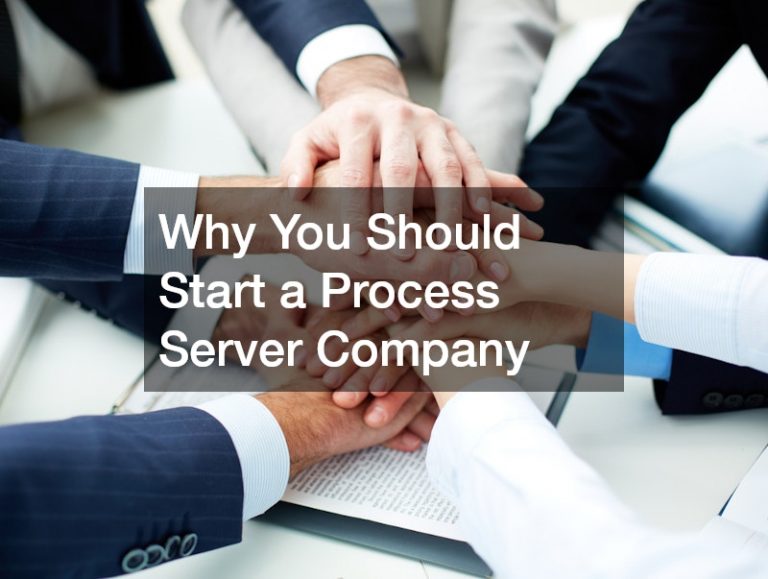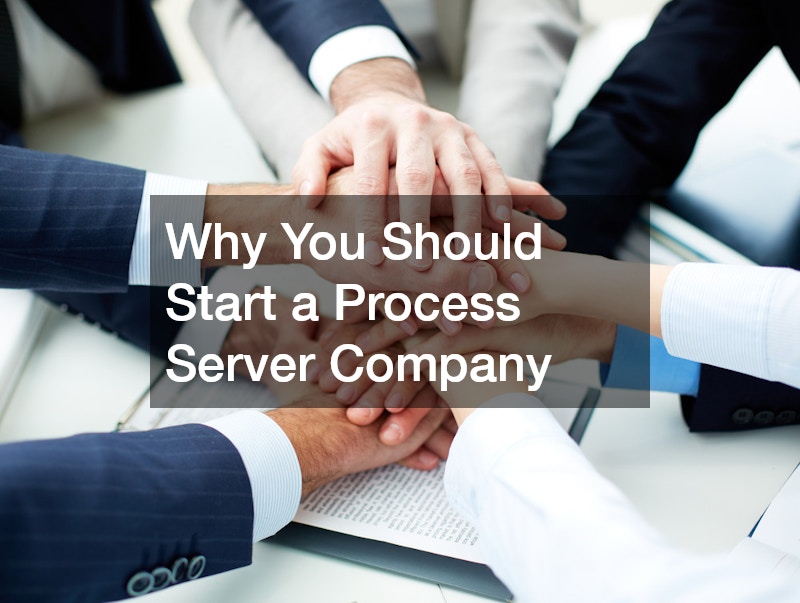- Identify potential successors and create objectives for them to achieve.
- Document all processes related to running the business efficiently.
- Train the successor on running the company using the tools provided.
- Create an estate plan with a family lawyer to ensure your legacy is passed on correctly & safely.
- Enjoy retirement by spending time with family, traveling, or pursuing hobbies & activities.
Retiring from running a business can be an enriching experience. Not only does it free up time to pursue other interests, but it also provides financial and emotional freedom. Studies show that 92% of retirees are happier after retiring than before, while 81% feel more content with their lives in general. Additionally, the average retirement age is 63, meaning senior citizens can enjoy their golden years without worrying about work-related stress and responsibility.
Financial benefits are also an essential factor when considering retirement from a business. The average retiree receives a benefit of $1,461 per month from Social Security, while those who have saved into a 401(k) or IRA may receive additional income. Furthermore, those who have invested wisely in business assets may also be able to sell them off for extra income. Lastly, leaving your business behind can provide peace of mind knowing that you are no longer responsible for overseeing a company and its employees’ success.
Still, the show must go on, making it necessary to prepare for the transition. Here are a few steps you can take to make sure your company is ready for the change:
Create a Succession Plan

Creating a succession plan is a crucial step when leaving your business behind. This plan ensures that the transition process will go as smoothly as possible by creating a clear outline of who will take over and how they will manage the company in the future. Without this plan, it may not be easy to transition out of business without risking its stability or future success. Here are four steps to create a successful succession plan:
Identify potential successors
The first step is to identify potential successors for your business with the necessary skills and qualifications to lead it forward. Consider internal and external candidates and evaluate each based on their knowledge, experience, and potential for growth. It is also essential to think ahead; consider not only who would be capable of leading today but also who would be able to grow with the company into the future.
Establish objectives
Once you have identified potential successors, it is time to set goals for them to achieve during their tenure at the company. List any milestones you expect them to meet, such as increasing profits or expanding customer base, and ensure those goals are measurable so progress can be tracked easily. It would be best if you also established timelines for when each goal should be accomplished by to ensure your replacement meets expectations within a reasonable timeframe.
Document procedures
Before handing off responsibility, you must document all processes related to running the business efficiently so your successor does not have to start from scratch once they take over. This includes everything from customer service protocols to financial processes and day-to-day operations like scheduling meetings or approving expenses. Ensure all information is organized in an easy-to-read format that can be referenced quickly if any issues arise.
Train successor
Once documentation is complete, it’s time for you to train your successor on how best to run the company in the future using the tools you provided. Ensure they understand every aspect of running the business successfully, including customer needs and finding solutions that keep clients happy while meeting profitability goals established earlier in your succession plan’s timeline.
Make Sure Your Family Profits
Leaving your business behind is more than just saying goodbye to work responsibilities – it is also a way to ensure that your family has a secure and prosperous future. A family lawyer can be the key to helping ensure that your legacy is passed on correctly and safely.
A family lawyer can help you create an estate plan that clearly outlines what you want to be done with your business and assets after you leave. This includes specifying who will take control of the company, drafting any financial or legal issues that may arise with the transfer, and establishing power of attorney for the executor of your will if necessary.
A good family lawyer will provide personalized advice on how best to protect yourself and your loved ones in case of any unforeseen circumstances. They can also help navigate any tax implications associated with transferring ownership of assets or businesses. You can find a good lawyer at Keystone Law Group, P.C. The law firm can help you with all your business needs and make sure that everything is handled correctly and lawfully.
Enjoy Retirement

Of course, the most essential part of leaving your business behind is to enjoy your retirement. Now that you’ve taken care of everything, you can finally relax. Spend time with family, travel, or pursue hobbies and activities you haven’t had the opportunity for in years. You deserve it!
You can also serve as a consultant for your business after retirement, offering advice or guidance as needed. This can help ensure a successful transition and provide peace of mind knowing you are still involved in its success.
Final Thoughts
Retiring from a business is an enriching experience both financially and emotionally. With these tips, you can ensure your transition goes as smoothly as possible and enjoy the freedom of leaving behind the responsibility of running a company. After all, taking care of yourself and your future is important!









